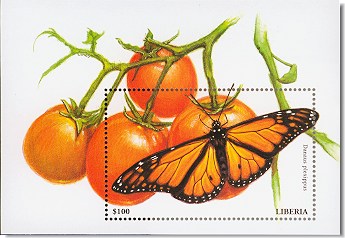"There is a recent report from the policy department of the European Parliament, published last month. It is entitled: Existing Scientific Evidence of the Effects of Neonicotinoid Pesticides on Bees and it gives a very up-to-date picture of current research. It has 48 references to scientific papers, mostly published between 2009 and 2012. These describe the evidence on which the descriptions of the effects on bees, including bumblebees, of low doses of what I am going to call "NNs" are based. The case seems to be clear that the use of these chemicals should be reduced and/or further controlled. Those that are shown to be most damaging should be banned. There is enough evidence, I feel."
"The use of pesticides can certainly increase crop yields, so I can understand that evidence of the damage that they also cause to pollinators needs to be robust. However, I hope that the Minister will now recognise that the scientific case for action is becoming stronger all the time. In conclusion, I ask the Minister whether he agrees with one of the recommendations of the report from the European Parliament which I mentioned that, as long as there are uncertainties concerning the effects of neonicotinoids on honey bees, the precautionary principle in accordance with the EC Regulation 1107/2009 should be applied when using neonicotinoids."
The Parliamentary Under-Secretary of State, Department for Environment, Food and Rural Affairs (Lord De Mauley): "The use of pesticides has long been recognised as a serious problem. The neonicotinoid group of chemicals is widely used and may be having a serious and deleterious effect on honey bees, as was highlighted in the report provided for your Lordships before this debate. There will be those contributing to this debate who have far more expertise on this subject than I, but I would proffer one observation. My reading of the situation is that the use of insecticides in the UK is probably not the principal cause of the decline in honey bees or bumblebees. The increasing loss of biodiversity also affects the state and health of the insect population.......
The noble Lord, Lord Rea, asked whether we agree with the use of the precautionary principle. We fully accept that the precautionary principle is applicable in considering the appropriate response to the potential effects of pesticides. The principle guides decision-making when a serious potential risk has been identified and where, following the best possible risk assessment, there remains scientific uncertainty. It does not dictate the appropriate decision."
Source: House of Lords Debate on Honeybees, 10 January 2013 (attached)

- Login om te reageren
